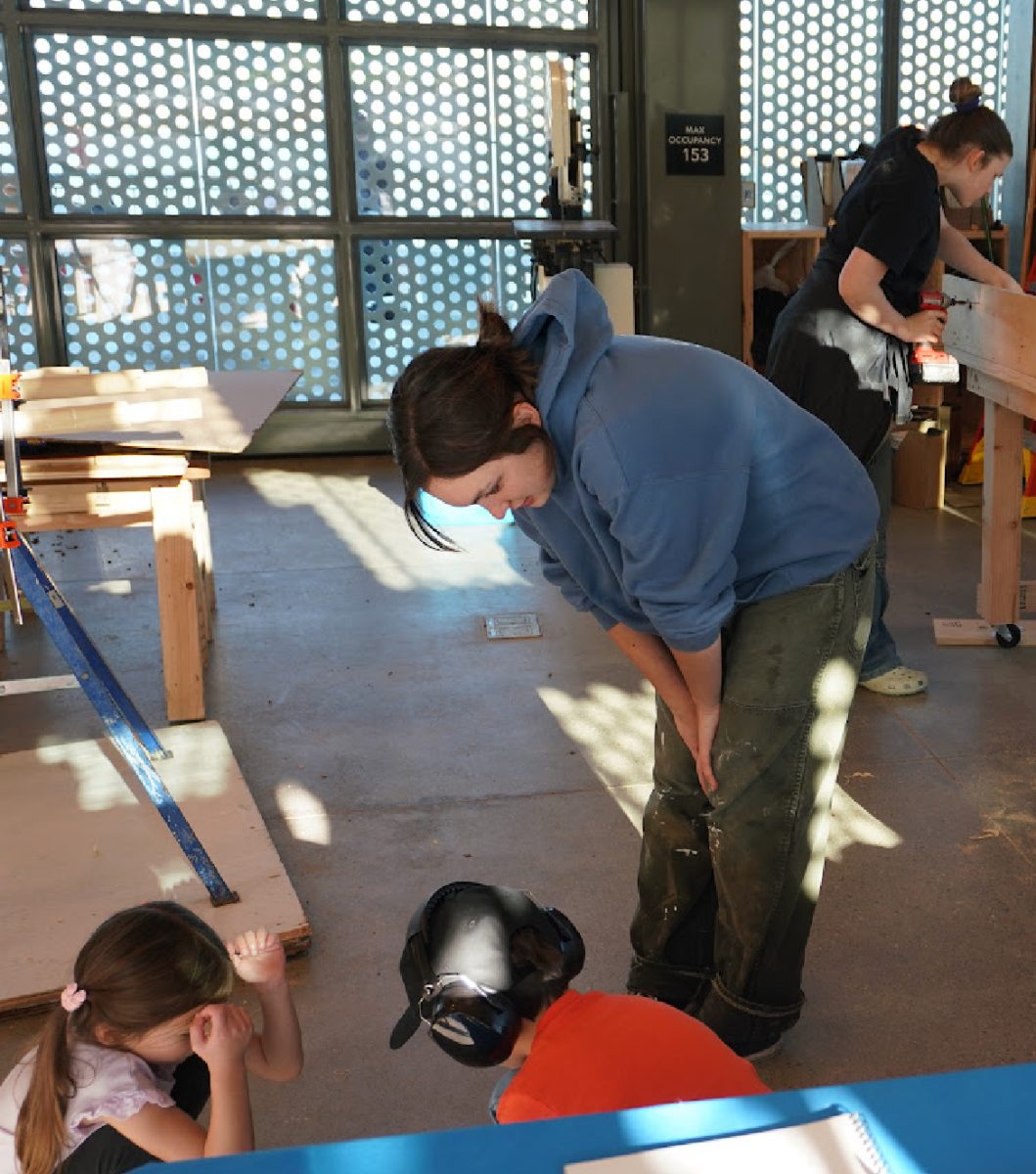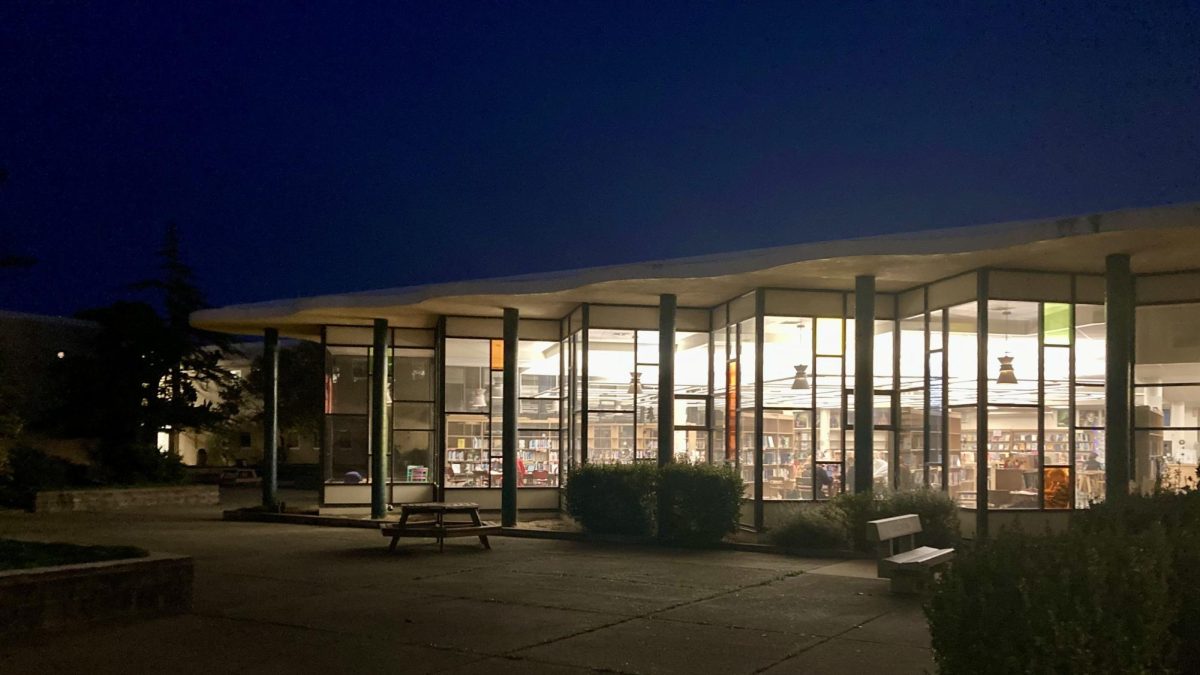In March, Walgreens and CVS Pharmacy, two of the largest pharmaceutical companies in the United States, began selling abortion pills. The sale of Mifepristone, commonly known as the abortion pill, requires a prescription and an in-person consultation from a doctor. According to NBC News, in 2020, abortions via medication facilitated over half of all abortions in the country.
Opponents of abortion rights have initiated legal challenges against the Food and Drug Administration (FDA) in efforts to limit the availability of Mifepristone. These legal actions seek to enforce stricter regulations on distribution, with some pushing for outright removal of the drug from the market. Despite a recent appeals court decision to not remove the drug entirely, it did ban its distribution through mail, mandating in-person visits to obtain the drug.
Amidst the ongoing debate, diverse perspectives emerge. One such viewpoint reflects a moral stance deeply rooted in religious beliefs.

Gibson Hennigan, a Bay Area high school student, finds abortion morally wrong, based on religous grounds.
“I simply don’t support it because I am Christian,” Hennigan said.
Hennigan is Pro life, meaning he believes that once a fetus is formed it becomes an organism.
“Once a male and female have sex, life is created. To just simply abort it and kill it just seems wrong,” Hennigan said.
Amongst differing viewpoints, there are advancements in science that could revolutionize this topic. An example of an advancement is the development of Mifepristone, a medication that plays a pivotal role in reproductive healthcare.
Mifepristone works by blocking a hormone enabling pregnancy development and is followed by the drug Misoprostol after 24 to 48 hours. Misoprostol causes contractions of the uterus, leading to the expulsion of the contents of the uterus, including the embryo or fetus. This pill is not exclusive to abortion but also assists in managing miscarriages.
Along with 71 percent of Redwood students, Magdalena Maguire, a wellness outreach specialist at Redwood, supports the abortion pill being sold at local pharmacies.
“The abortion pill being accessible at a lot of pharmacies locally is exciting. That is a right and privilege that is not available to many people,” Maguire said.
Walgreens has begun selling the abortion pill in select states such as California, Illinois, Massachusetts, New York and Pennsylvania, while CVS offers access in Massachusetts and Rhode Island. Priced at $79, the pills are covered by some health insurance companies.
Georgia Bender, a student in Peer Resource, is an advocate for harm reduction strategies. Bender draws parallels between everyday safety practices and approaches to sexual health.
“Every day you do harm reduction by wearing a seatbelt. Driving is dangerous, but you don’t say, ‘Don’t ever drive,’ you say ‘Drive safely,’” Bender said.
As a harm reduction promoter, Bender emphasizes the need for more accessible resources, such as the abortion pill, to reduce the risk of sexual health issues and teen pregnancies. She highlights the importance of education on using these resources safely and responsibly.
“Instead of saying it’s dangerous, say ‘if you do choose to do this, these are ways to prevent harm from happening,’” Bender said. “Access to contraceptives and birth control does not increase sexual activity at all, but it decreases the rate of STDs and teen pregnancies.”
By underscoring the significance of contraceptive availability, Bender has revealed a student perspective on this national situation.
President Joe Biden has voiced his support for this move, citing the FDA’s approval of mifepristone as a safe and effective method for terminating pregnancies.
“The stakes could not be higher for women across America,” Biden said. “I encourage all pharmacies wanting this option to seek certification.”






